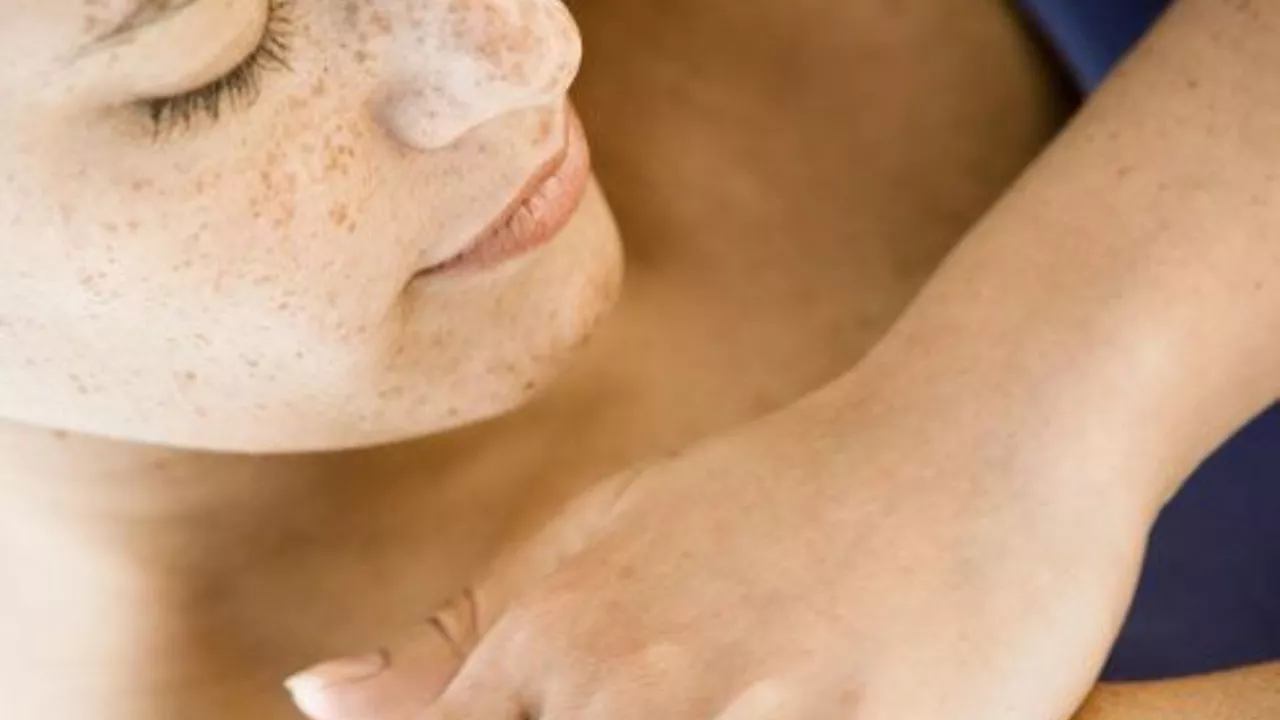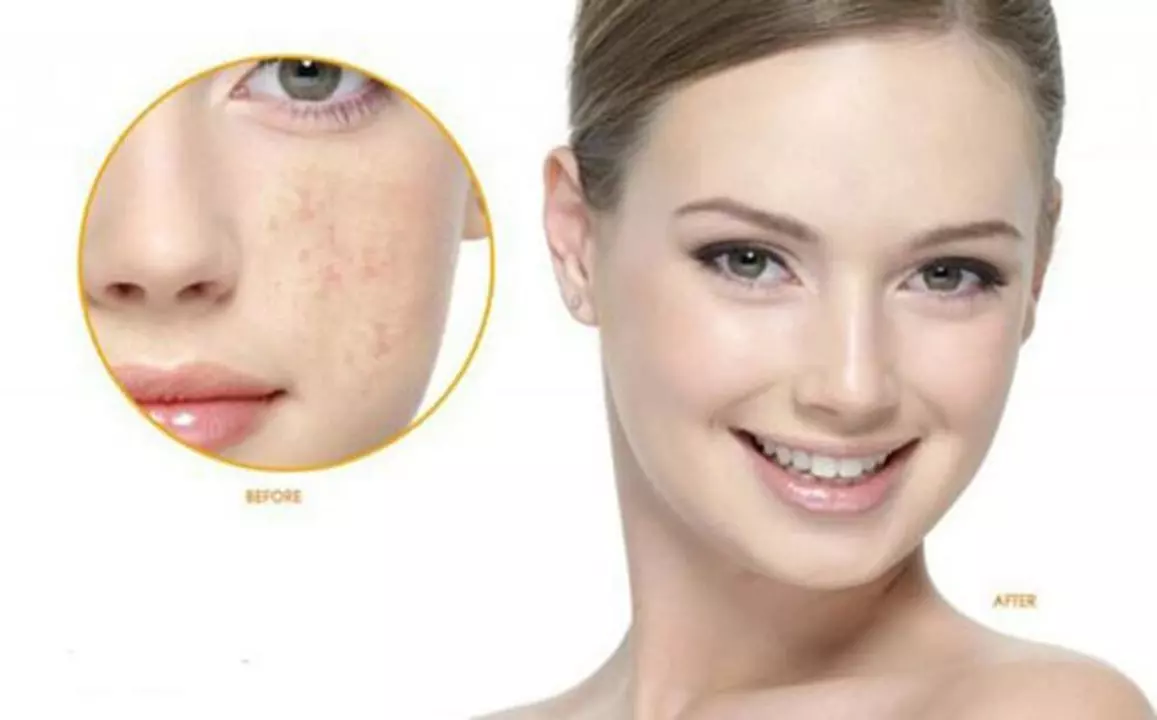Skin conditions can be treated: quick help and when to see a doctor
Skin conditions can be frustrating, but most are manageable with simple steps. This page gives practical tips for common issues—acne, eczema, psoriasis, rashes, fungal infections and sunburn—and when to get medical help.
Start by checking symptoms. Is it itchy, painful, scaly, or spreading quickly? Itchy patches that come and go are often eczema. Raised red bumps with pus point to acne. Well-defined silver plaques usually mean psoriasis. Ring-shaped, scaly spots that grow outward could be a fungal infection. A rash after a new soap, plant, or medication may be contact dermatitis. Noticing how it feels and where it appears helps narrow things down.
Quick home care that helps most mild problems: keep the area clean with gentle soap and lukewarm water, avoid scrubbing, and pat dry. Use a fragrance-free moisturizer twice daily to repair the skin barrier. For minor itching, try an over-the-counter hydrocortisone cream for short periods. Cool compresses soothe sunburn and irritated skin. For suspected fungal infections, topical antifungal creams typically clear things in two to four weeks.
When to consider medication or stronger treatments: if a rash covers a large area, is getting worse, painful, infected (increasing redness, warmth, pus), or not improving after two weeks of self-care, see a provider. Prescription options include stronger topical steroids, oral antibiotics for infected skin, antifungal pills for widespread fungal disease, and medications for inflammatory conditions like psoriasis or severe eczema.
Simple routines can prevent flare-ups. Moisturize after showering while skin is still damp. Wear breathable fabrics like cotton and avoid tight clothes that trap sweat. Use sunscreen daily to prevent sun damage and reduce flare-ups in photosensitive conditions. When bathing, use short, warm showers and mild, fragrance-free cleansers. For acne, avoid picking or squeezing pimples; that reduces scarring.
Allergies and contact triggers matter. Keep a short log when new products or foods might be involved: note when the reaction started and what changed—detergents, creams, jewelry, or workplace chemicals. Patch testing with a dermatologist can identify persistent contact allergies.
When to seek urgent care: high fever with a spreading red area, severe pain, rapidly spreading rash, blistering after medication, or signs of systemic infection need prompt attention. Also see a doctor if you notice new moles that change shape, color, or bleed—these need evaluation for skin cancer.
OTC tips
Look for ceramide or glycerin moisturizers for dry skin. For acne, non-comedogenic labels and products with benzoyl peroxide or salicylic acid work well. Avoid heavy fragrances and antiseptic soaps.
Clinic visit
Your provider will ask about onset, triggers, and treatments tried. They may swab for infection, take a skin scraping, or perform a biopsy in unclear cases. Treatment plans focus on controlling symptoms, preventing flares, and addressing underlying causes.
If you're dealing with a stubborn issue, don’t wait. Early treatment prevents complications. Keep a photo diary to track progress and share images with your healthcare provider. Photos taken every few days show whether creams or pills are working and can speed up accurate diagnosis. Bring a medication list.
The Connection Between Anal Itching and Eczema
Oh boy, who knew we'd be on this wild ride of exploring the fascinating link between anal itching and eczema! Grab your explorer hats, folks! It turns out, these two seemingly unrelated conditions can actually be pretty chummy. Eczema, a skin condition causing dryness and inflammation, can appear anywhere on your body, including, yes, the derriere region. If you're experiencing the infamous itch down south, it might not be your laundry detergent to blame, but rather your old pal eczema staging a surprise visit!
Melasma and Acne: How to Manage Both Skin Conditions
As someone who has dealt with both melasma and acne, I know how challenging it can be to manage these skin conditions. I've learned that the key to success is understanding the causes and treatments for each condition. Melasma is often caused by hormonal changes and sun exposure, while acne is usually due to excess oil production and bacteria. To manage both, it's essential to use a gentle skincare routine, incorporate sun protection, and consider treatments like chemical peels or laser therapy. Remember, patience and consistency are crucial in achieving healthier and clearer skin.






